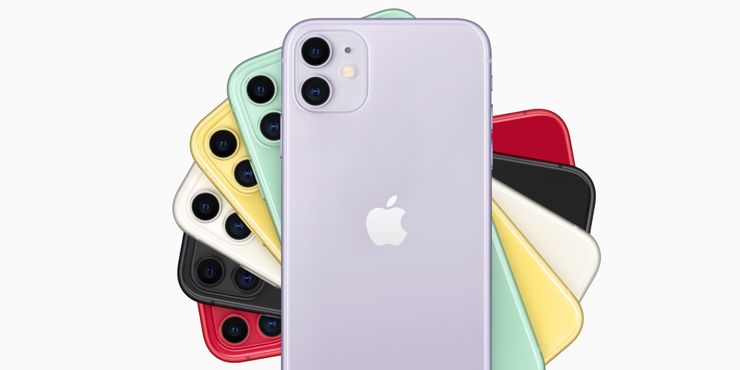With its yearly iPhone releases, Apple never misses a beat, and the iPhone 11’s release date is quickly passing away because of this. In the larger scheme of things, a few years here and there are insignificant. In the grand scheme of the world and even the Earth itself, humans are but a minute blip. For smartphones, the difference between four, three, or even two years is the same as a lifetime.
Modern cell phones are always evolving at a quick pace. The capabilities of cameras, screens, and processors all continue to advance. While keeping up with every new smartphone model can be a pain, this is thrilling for the spirit of innovation. It’s simple to get overwhelmed when new phones from Apple, Samsung, Google, OnePlus, and other manufacturers are continuously released. This is particularly true if you don’t pay close attention to the smartphone industry. The iPhone 8 will one day be the newest and best iPhone. The iPhone 13 holds that title the next thing you know.
We now come to the iPhone 11. The iPhone 11 was Apple’s most recent iPhone when it first hit the market not so long ago. Actually, it hasn’t been the most recent iPhone in a while. During a significant press conference on September 10, 2019, Apple unveiled the iPhone 11, iPhone 11 Pro, and iPhone 11 Pro Max for the first time. A few days later, on September 13, pre-orders for the phones started. On September 20, 2019, Apple began full retail sales of the phones, marking the launch of the iPhone 11 series. The iPhone 12, iPhone 13, and possibly the iPhone 14 later this year have since superseded the iPhone 11.
You Can Still Buy The IPhone 11 In 2022
Apple still offers the iPhone 11 as of the time of publication, despite its advanced age. Currently, a 64GB iPhone 11 costs $499, and a 128GB version costs $549. The iPhone 11 is a good affordable option to the iPhone 13 even if it doesn’t have the best specs or features in comparison to newer models. The only thing to bear in mind is that Apple only offers the iPhone 11 in its base configuration. 2020 saw the arrival of the iPhone 12 family and the end of the iPhone 11 Pro and iPhone 11 Pro Max.
The iPhone 11 is still on the market, and Apple keeps updating the device with the most recent iterations of iOS. Like the iPhone 13, it is presently running iOS 15, and it will continue to receive significant updates for a few more years. The iPhone 11 is the epitome of Apple’s long-standing strength in providing long-term software updates.
That is the iPhone 11 as well. In 2019, the phone has been around for a while, but that doesn’t imply it’s outdated. Like any of its younger brothers, it continues to be offered and updated by Apple and has good appearance and functional specs. This is how things operate, so as time goes on and even more recent iPhones are released, that way of thinking will inevitably alter. As more powerful versions are launched, iPhones first appear, are showy and fresh for a year, and then swiftly lose their prominence. Who knows how many other models will do the same over the coming years when the iPhone 11’s brief moment in the spotlight is done and the iPhone 13 has taken its place.


